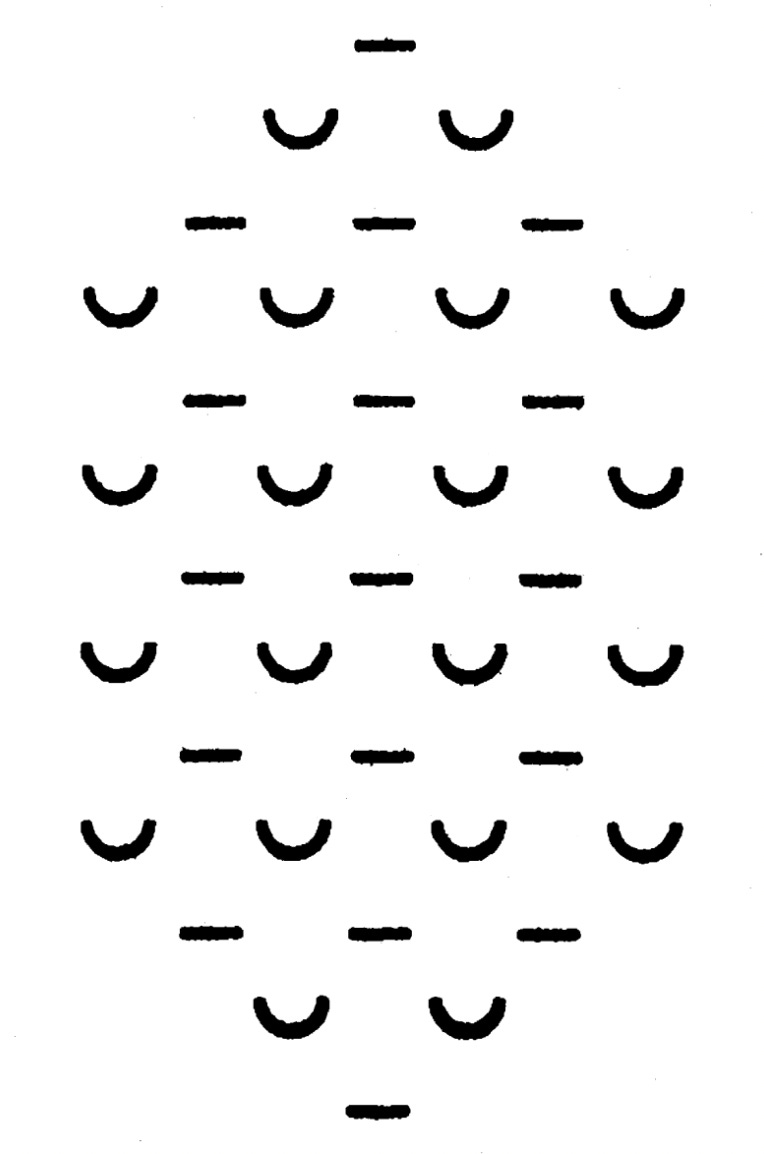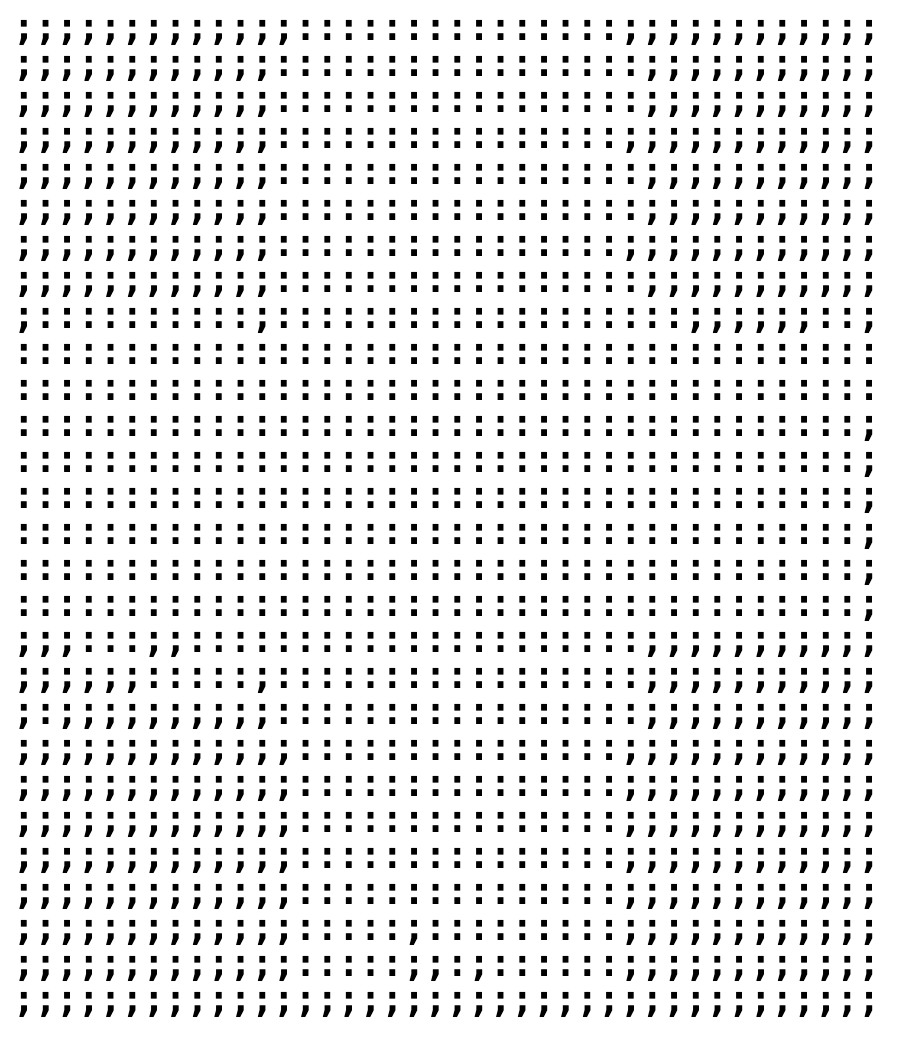Christian Morgenstern - Night Song of the Fishes (1909)
Forgotten Poems #40: Wordless Poems
—: Fisches Nachtgesang :—
—: Night Song of the Fishes :—
(tr. Babette Deutsch & Avrahm Yarmolinsky, 1923)
Morgenstern, Christian (1871-1914)
A: Contemporary German Poetry: An Anthology (1923); C: Galgenlieder (1905), Palmström (1910), Palma Kunkel (1916), Der Gingganz (1919), Alle Galgenlieder (1932); translations, etc.
German poet from Munich, particularly inspired by “nonsense” verse. Had very little success in his own lifetime, but later became extremely popular. Included in Babette Deutsch and Avrahm Yarmolinsky's translated anthology of Contemporary German Poetry (1923).
“Humor is the contemplation of the finite from the point of view of the infinite.” (Christian Morgenstern)
I love wordless poems, and this one ticks all my boxes. Avant-garde irreverence? Tick. Lyrical and suggestive. Tick. Just plain funny. Tick. Each time I come back I find I can read the verse in a different way, getting something out of it I didn’t see before. Because there are no words in Morgenstern’s poem, there is nothing to read so I have included an instrumental track I made as an accompaniment to this post, called ‘Music To Read Poems By #1’.
And to finish things off, here are a few ‘wordless’ poems of my own, made circa 2007, inspired by Kazimir Malevich’s minimalist paintings, Black Square (1915), White Cross (1920), and Black Circle (1924), and ASCI art;
. . . And ; And ; And . . .
For Kazimir Malevich & Christian Morgenstern
(by Dick Whyte, c. 2007)
Forgotten Poets Presents:
Forgotten Poems, a living anthology of obscure and out-of-print poetry from the late-1800s and early-1900s. Explore the archives:
Kurt Schwitters - Noise Poems (1926-27)
—: Noise Poems :— Noise Poem Nr. 1 naa kaa naa kaa doo naa kaa too doo too mpiff tilff too tllll naa kaa naa kaa rritt aaaaa...
Agnes Ernst Meyer & J.B. Kerfoot - 'Concerete' Poems (1915)
History is a funny thing. Funny strange. Deeply strange. And if we strip away the politeness: wrong. Not wrong because it is factually in correct, though it often is. But wrong because it asks simplistic questions, without interrogating why we ask this question, and not a thousand others...















